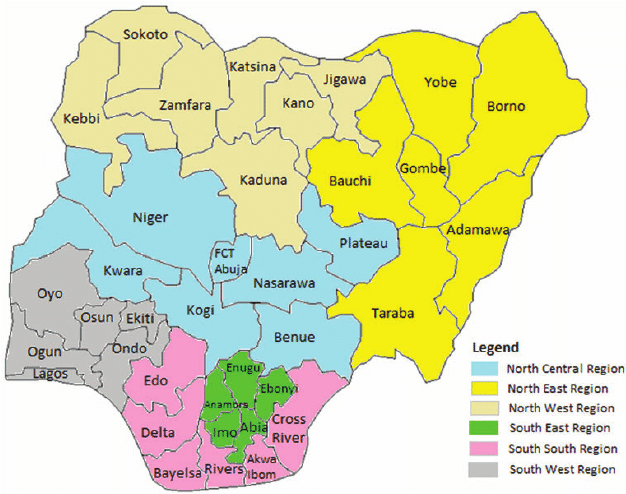By Isa Aliyu Chiroma
Results from the recently held state house of assembly and gubernatorial elections have shown the new political terrain we find ourselves. Some people find it difficult to accept the outcome of the contests, while others emerged victorious. Some of those who lost are already at the court filling petitions for tribunal. The Independent National Electoral Commission (INEC) have contributed to a credible election by doing its part. It is now time for the courts to take an active part. But do we respect judicial decisions made in the nation? We have recently witnessed that, when the supreme court has rendered decisions regarding the new naira redesign policies, those decisions were not valued, until later when the citizens have suffered from its consequences.
Peter Obi of the Labor Party and Atiku Abubakar of the PDP have already filed their petitions challenging the presidential election results. What will be their faith in the trial, will the election be rerun or the case dismissed? Atiku Abubakar, the presidential candidate for the People Democratic Party (PDP), has asked that he be recognized as the winner and that the 25 February election be ruled null due to purported irregularities. He requested the Independent National Electoral Commission’s Certificate of Return, which had been given to the winner of the election, be revoked.
Peter Obi of the Labor Party, on the other hand, also submitted the same petition. First, Tinubu and Shettima’s ineligibility to run for president in the February 25 election is what Obi and his party are asking the court to rule on. According to the petitioners, Tinubu had been convicted of drug trafficking in the US whereas Shettima entered the contest as a sitting senator. Additionally, they want the court to revoke Tinubu’s voting rights by declaring him ineligible. The complaint asks the court to rule that Tinubu’s declaration as the next president of Nigeria was unlawful and unconstitutional since he fell short of the required number of votes needed to win the election in the Federal Capital Territory. Finally, the petitioners request that the court to determine that Obi received the most votes and got 25 percent of votes in each of at least two-thirds of Nigeria’s 36 states and the FCT.
The Supreme Court removed Dr. Andy Uba, who had been sworn in as governor just two weeks before, and reinstated Mr. Peter Obi as the governor of Anambra State on June 14, 2007. Will Mr. Obi be declared the winner this time around by the jury? However, the court will only accept those petitions and render decisions that may be favorable to them if they have proof to support it. We are waiting to see how the trial will turn out throughout this time.
The gubernatorial and state house of assembly results are revealed in the midst of this turmoil. The outcomes demonstrate how seriously the people has taken control of their destiny. Many states have demonstrated what they want, and the election provides it. While certain parties won the presidential election and their counterparts rose to the top, we have seen this in states like Zamfara, the Plateau, Cross River, Sokoto, Kano, Ebonyi, Delta, Akwa Ibom, Katsina, Benue, and Kaduna. certain governors seeking reelection for a second term have also been defeated.
The landscape of the north is full of such curiosities, which rolled beyond the invisible line, to record a history of the first female governor, the Binani of Adamawa. The inconclusiveness holds us at stack, what will be the fate of the election, will fintiri be declared, or our first female governor. Now as we await May 29, travelling with all deliberate speed to begin a new dawn, a new Nigeria, of our dream, we hope to make our country better and great again. As I imagine, and many others do, we are concern of a better future.



